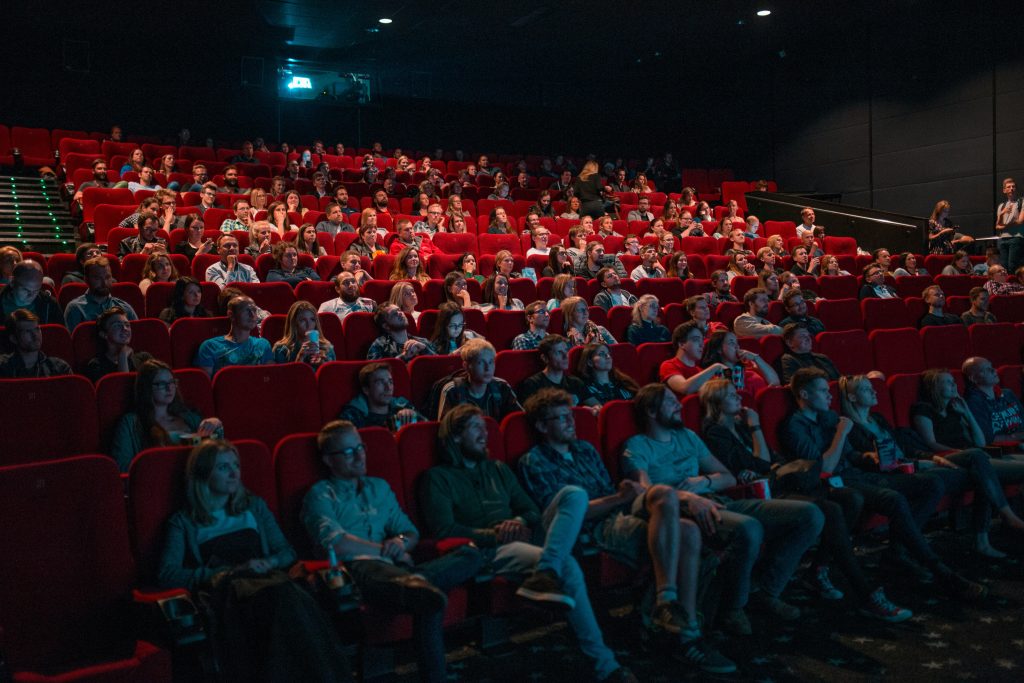Harij Weds Sajili: A Film That Dares to Confront Dowry Murder
Arranged marriage. Dowry murder. Violence against women. These are not subjects that usually appear in short films — and certainly not with the sharp clarity filmmaker Angela Page brings to Harij Weds Sajili.
“I wanted to entertain and start a conversation about an issue,” Page says. “My latest project hopefully does this and at the same time opens the conversation about arranged marriage, dowry murder in S.E. Asia and violence against women.”
The film, a dark comedy with a haunting undercurrent, follows the story of Sajili, a young woman whose life changes drastically after her wedding. Without preaching, the film captures the intersection of tradition, power, and the lethal consequences of greed.
Page is quick to point out that this is not a niche problem: “The film brings light to the issue and informs the public on an issue that is fairly unknown outside SE Asia by non-SE Asians.” By framing the narrative in a way that resonates beyond cultural boundaries, Harij Weds Sajili makes its subject matter accessible without losing its urgency.
From Idea to Impact
The seed for the film’s storyline came from real-world accounts. In many parts of South Asia, the custom of dowry — money or goods given to the groom’s family — has been linked to cases of abuse and even murder when expectations go unmet. Page chose to tackle this head-on, using her skills as a storyteller to put the issue on screen.
Her aim was never to create a lecture in disguise. “By focusing on dangers for young women in arranged marriages that incur the wrath of their husbands and in-laws,” she says, “will bring more government and NGO assistance.”
Dark Comedy as a Lens
Page deliberately embraced dark comedy for a subject that, on paper, is anything but humorous. The tonal choice invites audiences to watch, lean in, and reflect, rather than turn away. The humour is not there to trivialize — instead, it creates space for deeper emotional hits when the tension breaks.
“I hope it opens a conversation,” Page says, and the laughter in the film serves as an unexpected yet strategic opening for that dialogue.
Festival Circuit and Reception
Harij Weds Sajili has earned attention in independent film circles and will be screened at a variety of festivals across several continents. Its mix of sharp writing, strong performances, and unflinching subject matter positions it as both a piece of entertainment and a call to awareness.
The film has been welcomed at festivals and screenings where socially conscious cinema is valued. For Page, each audience Q&A reinforces her belief that films like this can be catalysts. “There is always good that comes out of something bad,” she says. “Hard to imagine especially in the darkest of times… Best not to overthink, and try to move on to a new chapter, and be determined to thrive.”
Making an Issue Global
One of the challenges Page faced was translating a culturally specific issue for audiences unfamiliar with the context. Her approach — rooted in character and narrative — bypasses the need for prior knowledge. Viewers may not know the intricacies of dowry customs, but they understand the dynamics of love, betrayal, and survival.
In doing so, Harij Weds Sajili joins the ranks of films that use story as a bridge between worlds, connecting London or New York viewers to struggles thousands of miles away.
Beyond the Screen
For Page, the project is part of a larger commitment to using creative work as a means of advocacy. “My overarching goal was to entertain and start a conversation about an issue,” she says. She sees films like Harij Weds Sajili as tools for both raising awareness and prompting tangible change — from personal reflection to policy shifts.
The film is also a statement on the power of independent cinema to go where mainstream productions often will not. With no corporate agenda dictating content, Page could take risks in tone, casting, and messaging that make the piece distinct.
A London Audience Connection
Though its story unfolds in South Asia, the themes of Harij Weds Sajili echo in communities worldwide. Issues of coercion, domestic violence, and gender-based harm know no borders. London, with its diverse cultural landscape, offers an especially relevant audience for the film’s conversation.
For those encountering the issue of dowry-related abuse for the first time, the film is both an eye-opener and an invitation to learn more. For those already aware, it’s a reminder of the importance of keeping these stories visible — and these discussions alive.



